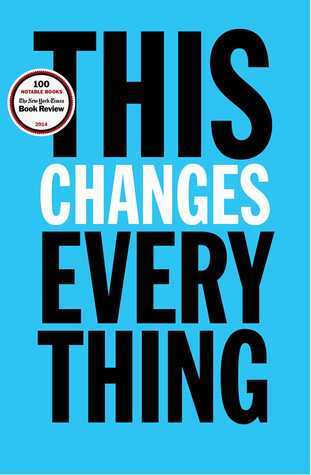To build a regenerative society, we can follow these core principles:
- Reduce waste and consumption while increasing quality of life
- Power our lives with 100% renewable energy
- Source food, water and materials locally and sustainably
- Create closed-loop production systems that don't generate pollution
- Protect and restore forests, wetlands, and other carbon-absorbing ecosystems
- Treat care work and community engagement as valuable labor
- Make economic decisions democratically and for the public good
- Share and redistribute wealth to reduce inequality
- Respect Indigenous rights and traditional ecological knowledge
- Build resilience to cope with unavoidable climate shocks
By designing human systems to mimic nature's principles of balance, reciprocity and regeneration, we can turn the crisis into an opportunity to improve quality of life for all. It starts by respecting our interdependence with the living world.
Section: 3, Chapter: 13
Many governments promote natural gas as a "bridge fuel" to transition from coal to renewable energy. In theory, gas has lower emissions than coal when burned. However, the chapter argues that in practice, under current economic models, gas will not serve as a bridge to clean energy but rather as an impediment.
For gas to be a true bridge, there would need to be strictly enforced regulations to ensure it only substitutes for coal and doesn't displace renewables. And gas extraction would need to be phased out completely within a couple decades - an approach incompatible with the business models of private gas companies. As long as the profit motive dominates, gas companies will keep expanding and delaying the needed transition.
Section: 1, Chapter: 3
the 1990s, many countries privatized their public electric utilities as part of the push for deregulation. But in recent years, hundreds of cities and towns in Germany have voted to "re-municipalize" their electricity grids - taking them back into public ownership.
The example of the city of Hamburg is instructive. In 2013, citizens there voted to reverse the privatization of their utility in order to speed the transition to clean energy. Private utilities were moving too slowly and prioritizing profits over climate concerns. Re-municipalization has allowed for more democratic control over the energy transition.
Section: 1, Chapter: 3
The final chapter argues that responding to the climate crisis is not just about stopping the fossil fuel economy but also about building a new regenerative economy in its place. It looks at real-world examples of communities restoring ecosystems, growing local food systems, democratizing energy production, and creating a culture of caretaking rather than extraction.
Drawing on Indigenous teachings about the duty to protect life for future generations, the chapter calls for a paradigm shift from dominance to reciprocity, from fragmentation to connection, from scarcity to abundance. Moving from extraction to renewal, it concludes, is our only chance to leave our children a world worth inheriting.
Section: 3, Chapter: 13


